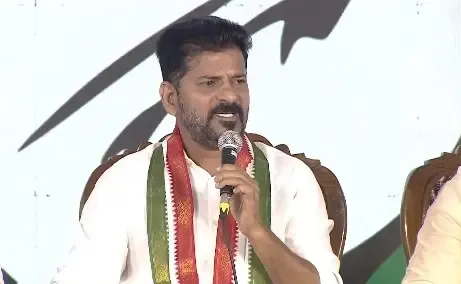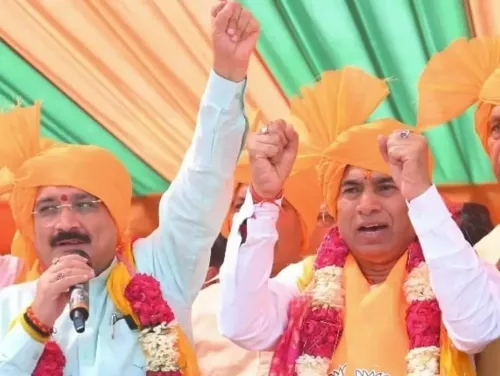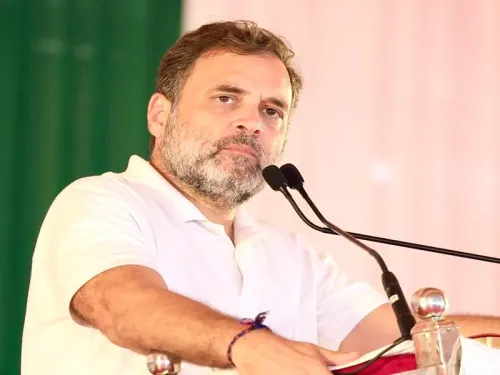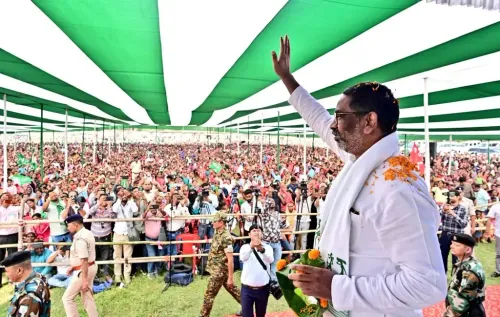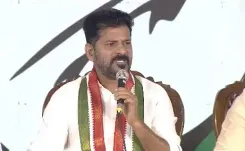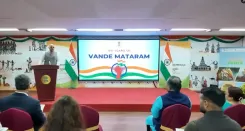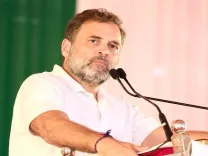Maha Local Body Polls: Supreme Court Sets Deadline for January 31, 2026?
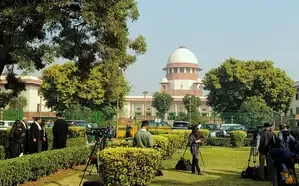
Synopsis
Key Takeaways
- The Supreme Court has mandated local body elections in Maharashtra by January 31, 2026.
- No further extensions will be granted for these elections.
- The delimitation exercise must be completed by October 31, 2025.
- OBC representation is to be restored as per previous configurations.
- The ruling emphasizes the judiciary's role in upholding democratic processes.
New Delhi, Sep 16 (NationPress) The Supreme Court has mandated the Maharashtra government and the State Election Commission (SEC) to hold local body elections by January 31, 2026. A panel comprising Justices Surya Kant and Joymalya Bagchi expressed dissatisfaction with the state's failure to comply with previous directives, which required the election process to conclude within four months, specifically by August 2025, by reinstating OBC seats as they were before the 2022 J.K. Banthia Commission.
While offering a one-time concession, the court made it clear that no additional extensions would be permitted. The apex court instructed that the delimitation process must be finalized by October 31, 2025, emphasizing that delays in this process will not justify postponing the elections.
In an earlier order on May 6, the Supreme Court had instructed the SEC to announce the local body elections within four weeks and urged the state electoral body to strive for completion within four months. The SEC can request additional time if necessary, but the elections will depend on the outcome of ongoing petitions challenging the Banthia Commission's recommendations.
In August 2022, a bench led by former Chief Justice N.V. Ramana had ordered the Maharashtra government and SEC to maintain the status quo regarding the local body election process.
Previously, in July 2022, the Supreme Court approved the Banthia Commission's proposal for a 27 percent OBC reservation in local body elections, directing that these elections be announced within two weeks.
In December 2021, the supreme authority ruled that OBC reservations in local bodies could not proceed without the government meeting the triple test established in a 2010 ruling. This test includes setting up a dedicated commission for collecting empirical data on the OBC population, specifying the reservation proportion, and ensuring that the total reserved seats do not exceed 50 percent of all seats.
The Maharashtra government had introduced the quota through an ordinance in 2021, arguing that it was essential to provide political reservations to OBCs to ensure their proper representation in government.

